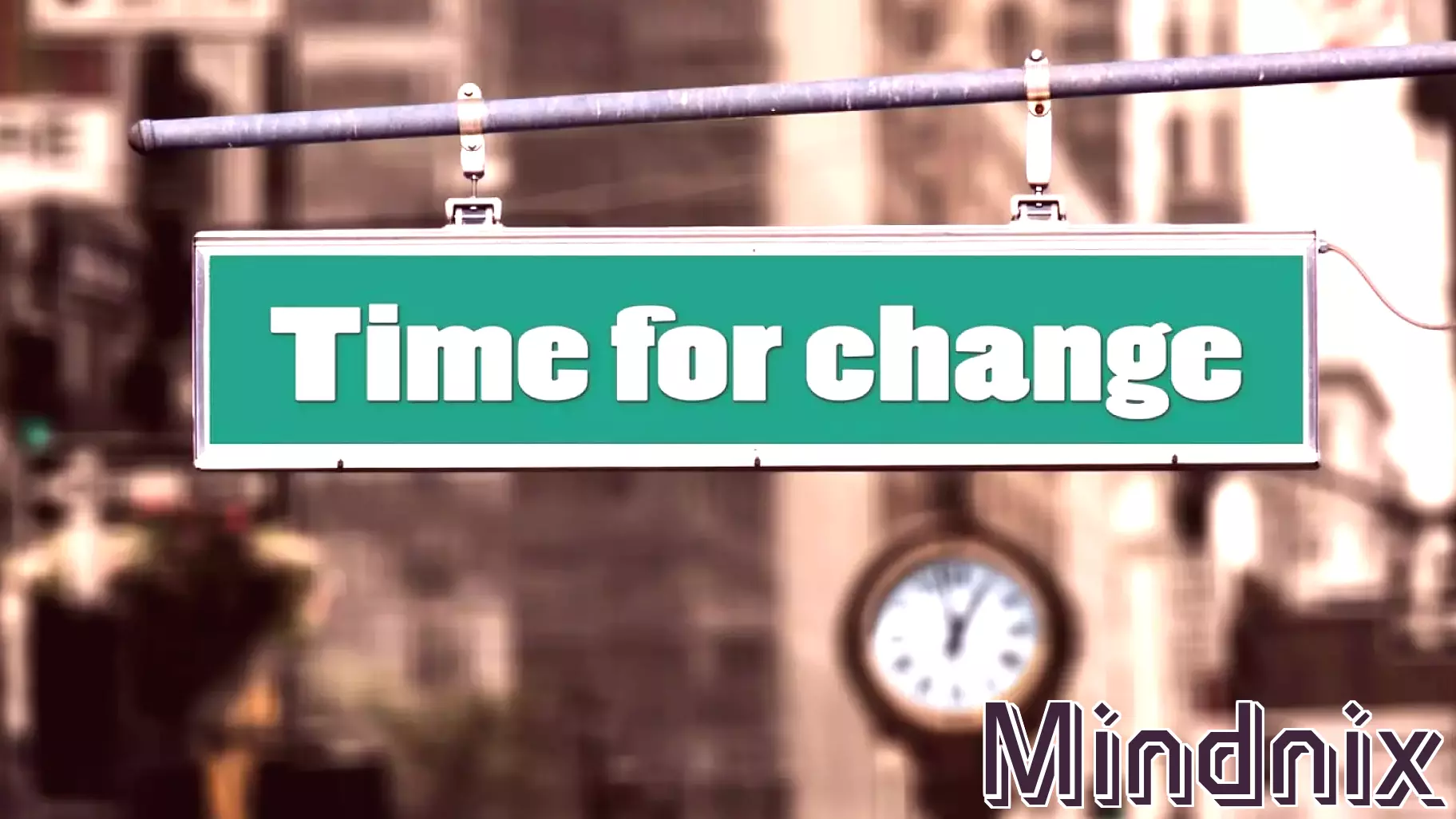The Challenges of Embracing Change: Understanding Resistance to Failed Interventions
January 4, 2025 - 05:49

Change is inherently difficult for many individuals and organizations, often leading to a persistent resistance to abandoning failed interventions. This phenomenon highlights the deep-rooted nature of systemic problems and the resilience of problematic systems. When faced with the prospect of change, people frequently cling to familiar practices, even when those practices have proven ineffective.
This reluctance can stem from various factors, including fear of the unknown, attachment to established routines, and a lack of confidence in alternative solutions. Additionally, the emotional investment in previous strategies can create a psychological barrier, making it challenging to acknowledge failure and pivot towards new approaches.
As a result, organizations may continue to allocate resources to interventions that no longer yield positive outcomes, perpetuating inefficiencies and hindering progress. To foster a culture of adaptability, it is essential to cultivate an environment that encourages open dialogue about failures, embraces innovation, and prioritizes evidence-based decision-making. By addressing these challenges, organizations can better navigate the complexities of change and ultimately enhance their effectiveness.
MORE NEWS

March 4, 2026 - 04:32
Responding to a Partner’s Neurodivergence With UnderstandingNavigating a relationship where one partner is neurodivergent and the other is neurotypical presents unique opportunities for growth, but also requires specific understanding. Success hinges on...

March 3, 2026 - 16:28
Entitled and exploitative people are more likely to treat others as objects, study findsA new psychological study has pinpointed the specific personality traits that drive individuals to objectify others, reducing them to mere tools for personal gain. The research identifies a strong...

March 2, 2026 - 02:55
Understanding the Silent Struggle: Why Men's Mental Health Needs AttentionThe societal expectation for men to be stoic and unemotional is increasingly recognized as a damaging norm that contributes significantly to mental health struggles. By internalizing feelings, many...

March 1, 2026 - 14:18
Why "Tell Me Lies" Is a Show Worth Sitting WithThe Hulu series `Tell Me Lies` is often categorized as a story of toxic obsession, a painful portrait of a corrosive relationship between college students Lucy and Stephen. However, to view it...